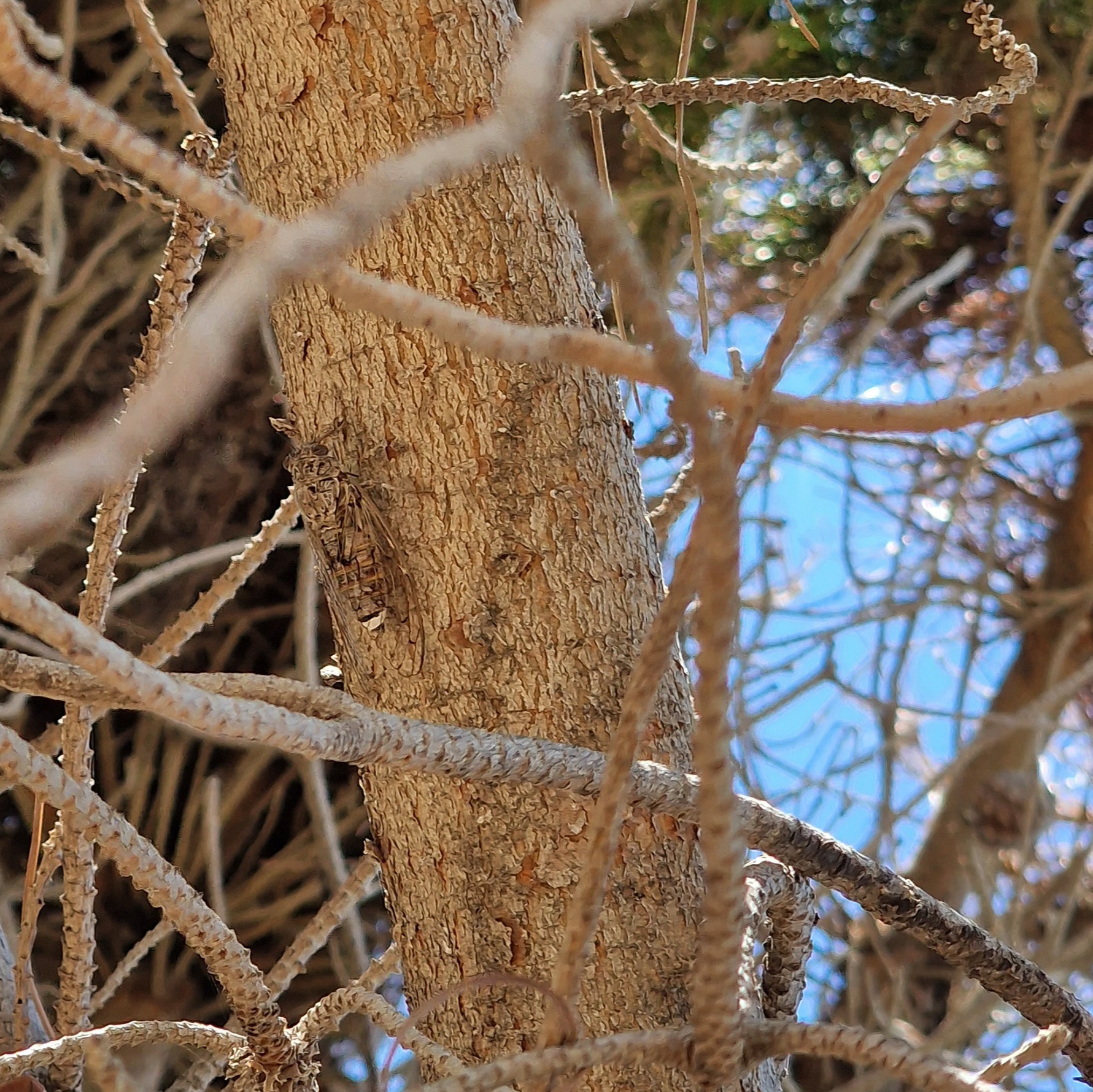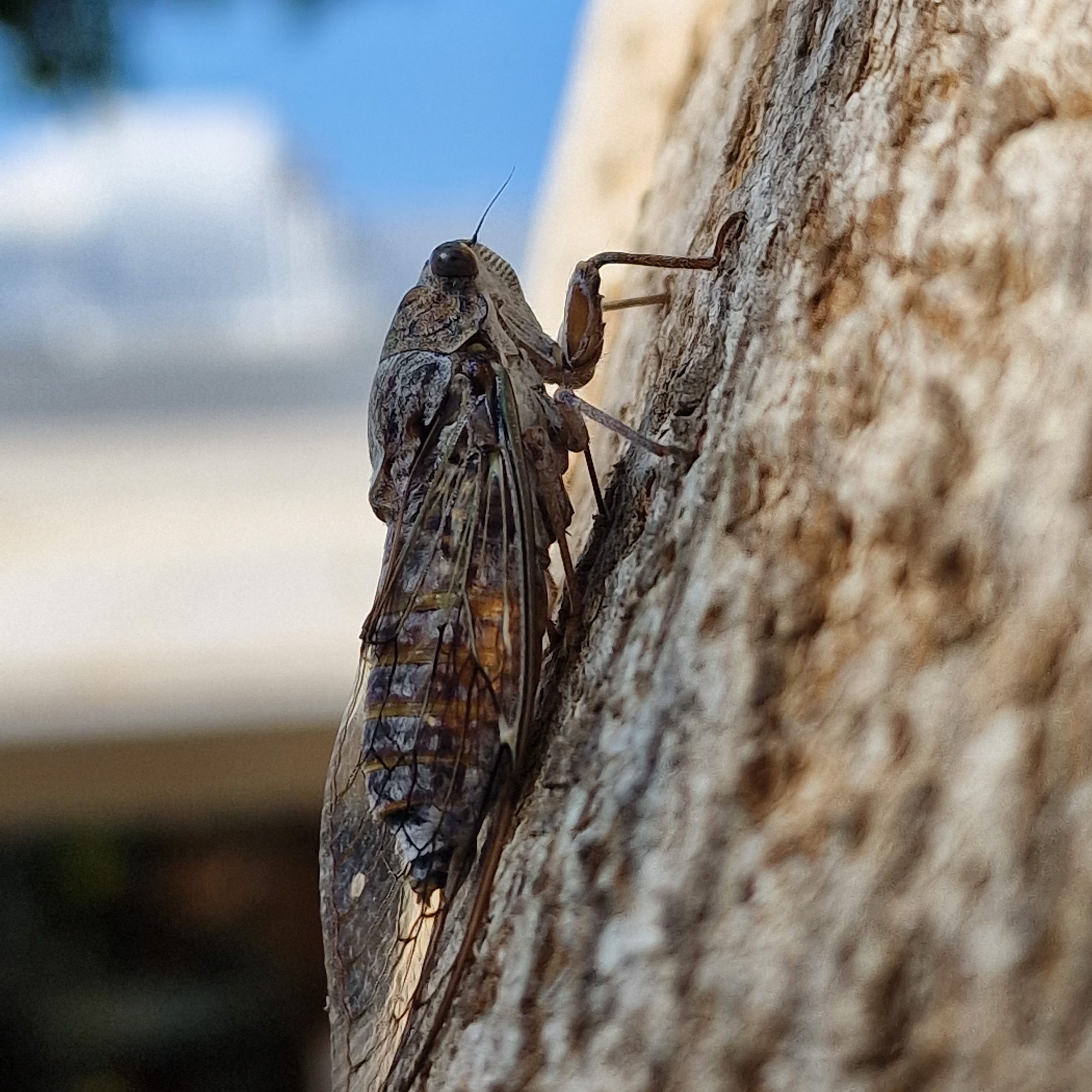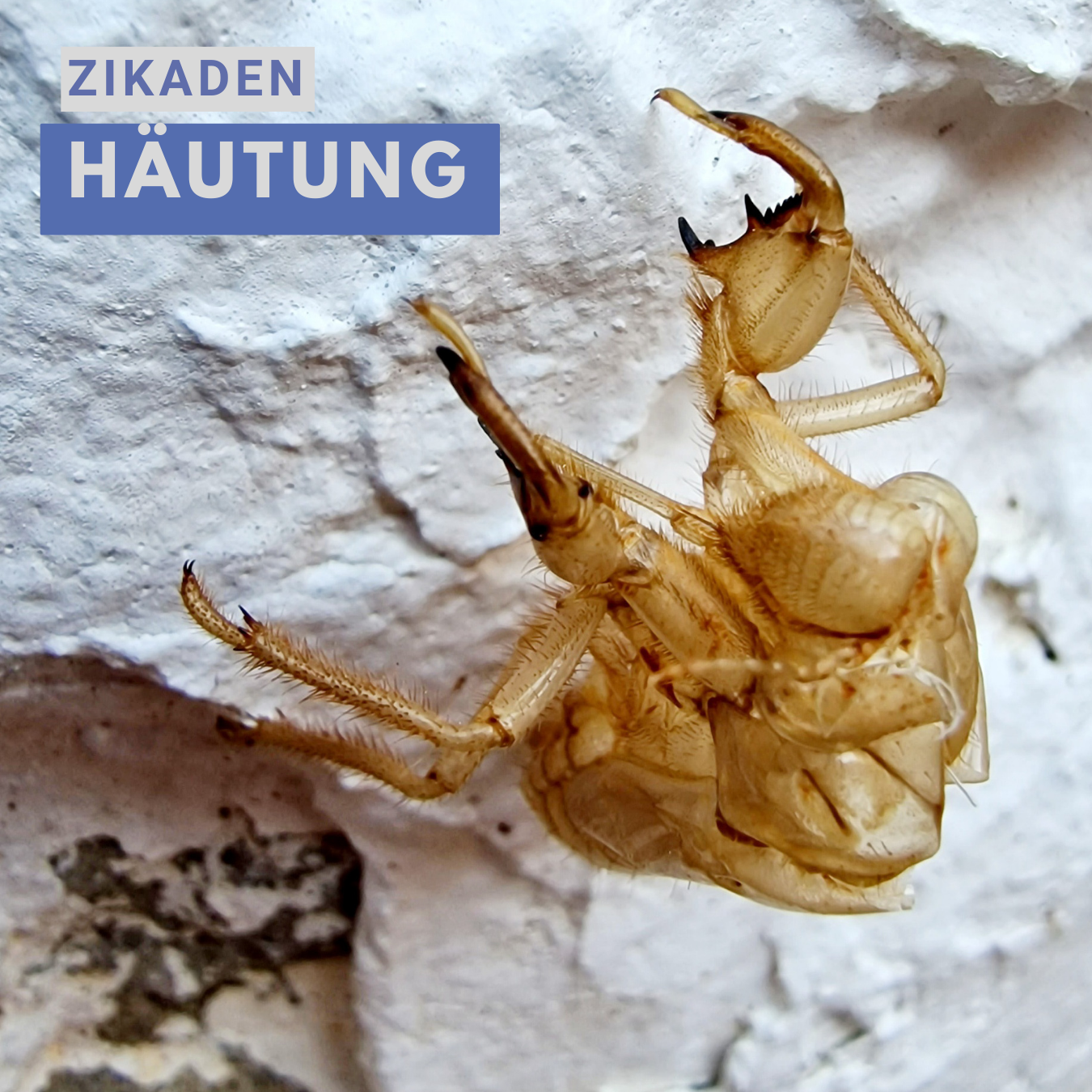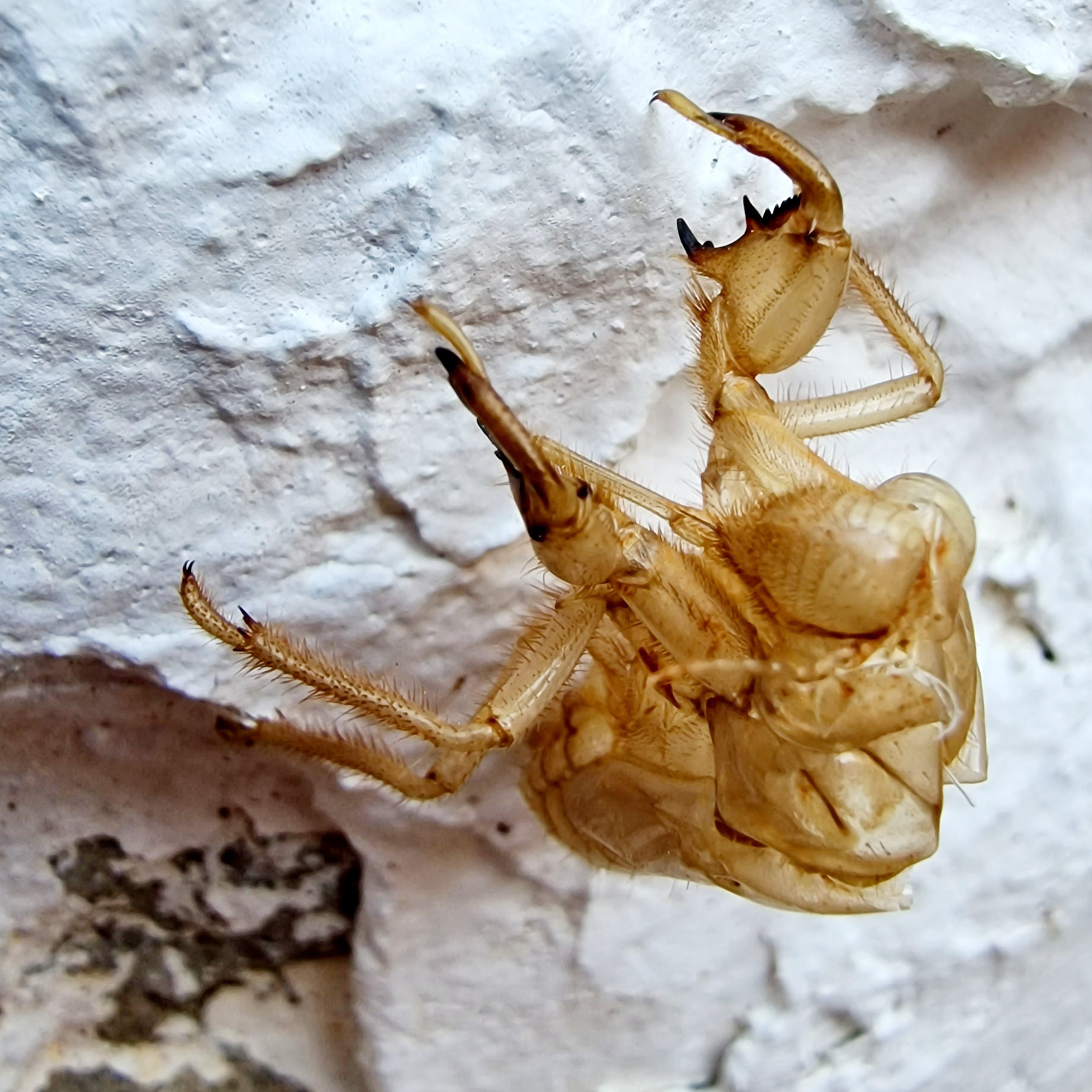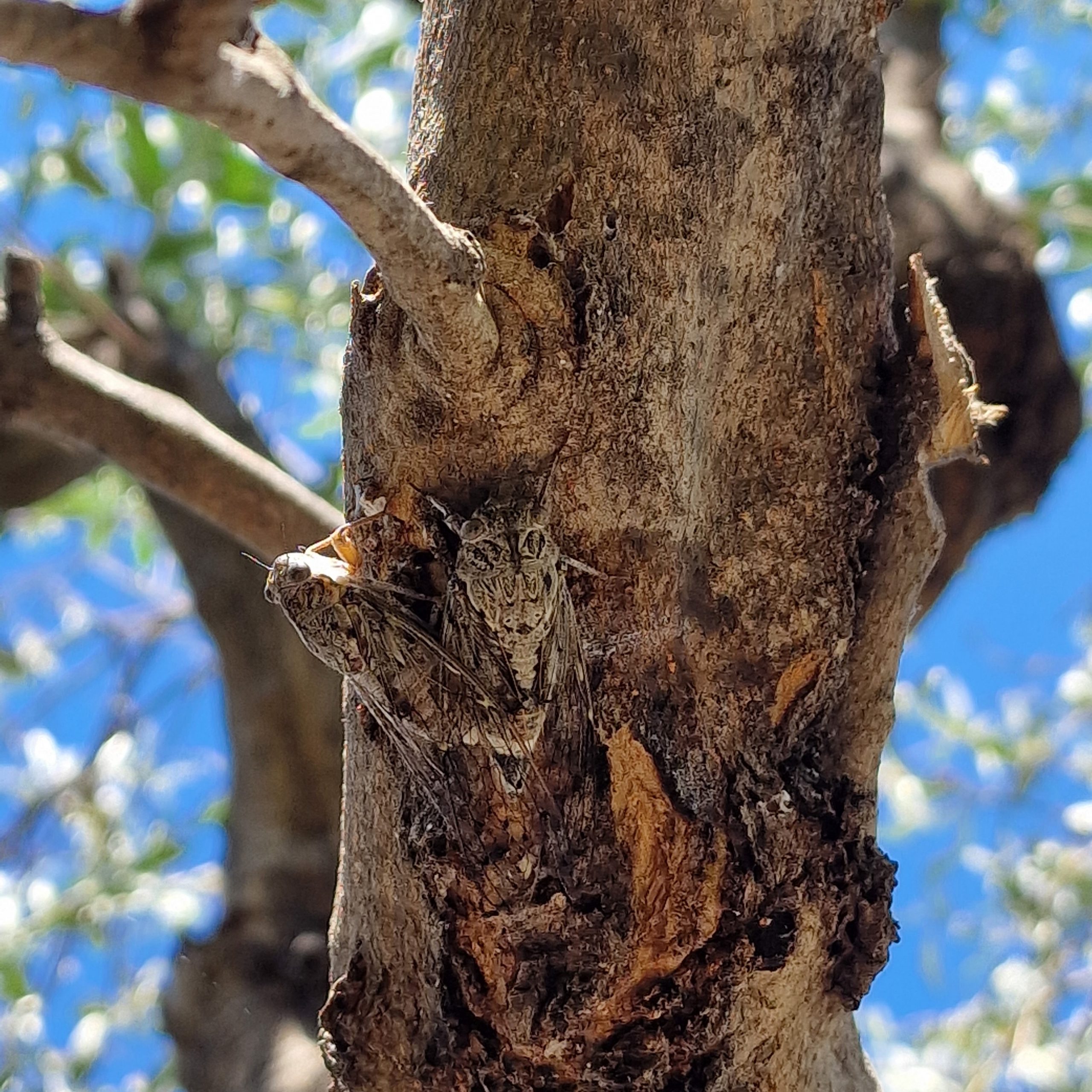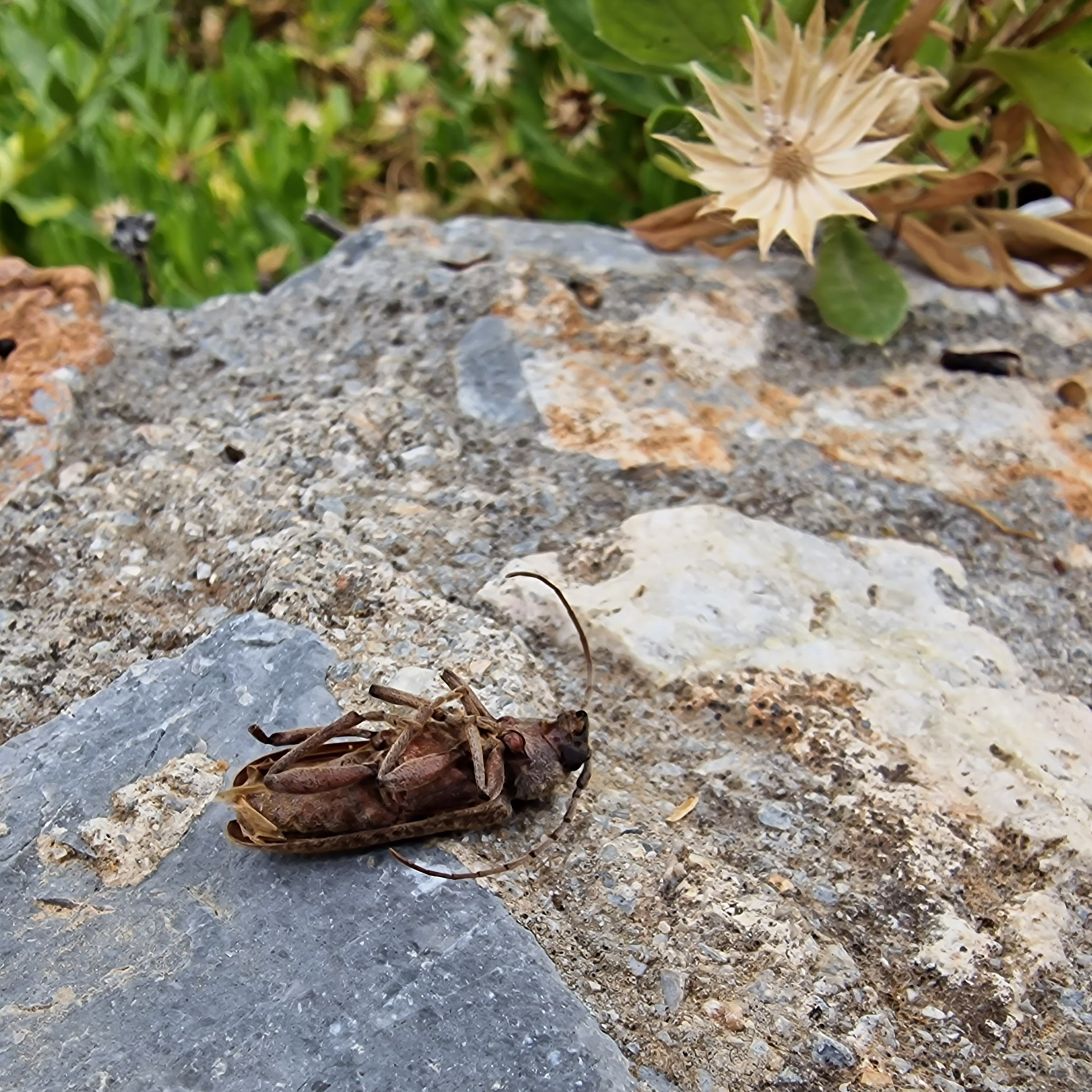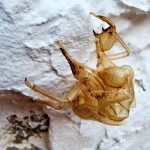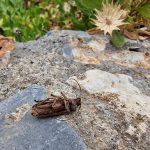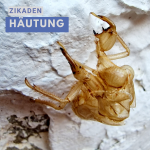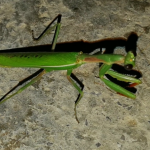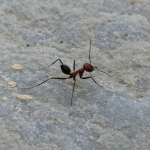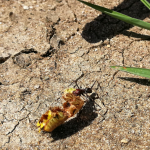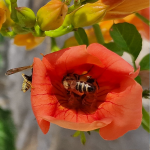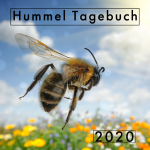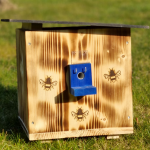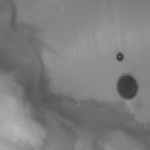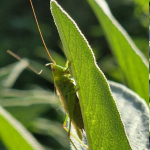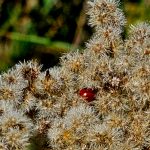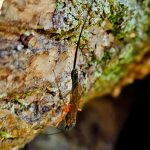Cicadas, also known as song cicadas or hollow borers, are a fascinating group of insects that belong to the cicada family (Cicadidae). These striking insects are known for the distinctive, loud songs they produce during warm seasons. Their songs are often a distinctive background noise in rural and urban areas with vegetation.
Here are some interesting facts about cycads
- Life cycle: Cycads undergo an incomplete metamorphosis cycle consisting of eggs, larvae (nymphs), imago (adult cycads), and a pupal dormancy period. They spend most of their lives as underground nymphs feeding on plant juices.
- Singing: Male cycads produce their distinctive song to attract females. This song is produced by special organs called “tymbals.” By quickly contracting and relaxing these membranes, the males produce the loud and often shrill sound that we perceive as cicada song.
- Biodiversity: There are thousands of cicada species around the world, many of which occur in different ecosystems. Some species are specialized on certain plants and may therefore be more common in certain geographical areas or habitats.
- Symbiotic relationships: Cicadas have symbiotic relationships with bacteria. Some species of cycads harbor bacteria in special organs that can fix nitrogen from plant food. These symbiotic bacteria help the cycads feed on nutrient-poor plant juices.
- Periodic cycads: A notable group of cicadas are the periodical cicadas, which are native to North America. These cicada species have exceptionally long life cycles of 13 or 17 years, during which they appear simultaneously in huge swarms. During their adult phase they produce a spectacular mass song that can be deafening in some regions.
- Ecological significance: Cicadas play an important role in the ecosystem, promoting plant pollination and providing food for birds, bats and other insectivores. However, their larvae can also cause plant damage.
Cicadas are fascinating insects that play important roles in many ecosystems due to their unique life cycles, songs, and ecological importance. Their distinctive song and periodic flocks make them a distinctive feature of warm seasons in many parts of the world.

Passionate "phone clipper". Currently with mine Samsung Galaxy S22 Ultra. A great phone with XNUMX TB of storage. Lots of space for experiments. My favorite subjects are plants, Eat & drink, animals, Buildings and Landscapes.
Otherwise, I like to spend my time in nature and sometimes hang out on the PC, with a cozy round Civ or Star Citizen, away. A series is also often sought after on the couch in the evening.

